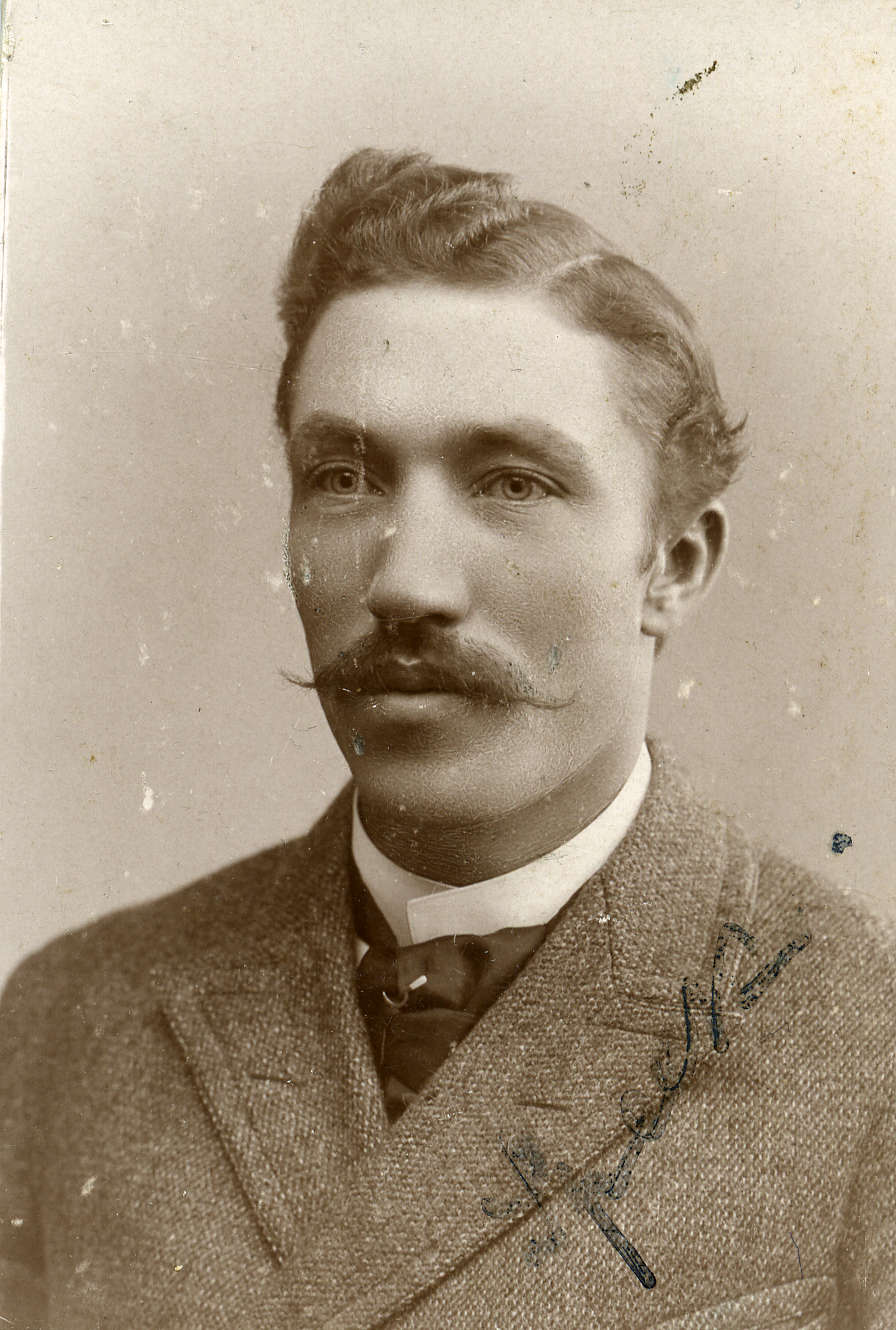
Jaan Speek
Jaan Speek (pseudonym Jaan Leidin, 24 September 1866 – 29 April 1921) was a teacher, journalist and poet.
He was born on Lipardi farm in Pangodi parish, Tartu County, as the son of a farmer. His father died and the boy was brought up by stepfather Hendrik Tamberg who had cultural interests and had founded a brass band at Pangodi in 1880.
Speek studied at Laguja village school, Kastolatsi parish school of the Apostolic Orthodox Church and Tartu town school. Thereafter, he studied at Tartu Teachers’ Seminary from which he graduated in 1887.
He took up a job in Narva where he worked as a teacher at the two-year school of the Kreenholm Manufacturing Company. Jaan Speek underwent difficult experiences in his personal life. His first child died when a few years old. His wife also died at the young age of 30 years. Jaan Speek brought up three children alone.
In 1885, some of Speek poems appeared in newspapers, mostly in Postimees. Alongside working as a teacher, Speek continued contributing to newspapers; he wrote poems, ballads, riddles, stories, travel notes. He joined the circle of the Postimees newspaper and was editor of the Tallinn edition of Postimees in 1906 and editor of the Narva newspaper Põhjanael in 1906–1907.
Speek practised mainly emotional love and nature poetry. The most notable among his poems is the cycle Oudova riimid (‘Oudova Rhymes’) written in doggerel verse. These twelve poems were published by the magazine Tallinna Kaja in 1914.
The linguist Henn Saari (1935–1999) was Jaan Speek’s grandson.
Jaan Speek’s younger brother Peeter Speek (1873–1968) was a journalist and literator who left Estonia in 1905 and worked from 1917–1929 as a clerk at United States Congress Library.
L. P. (Translated by I. A.)



